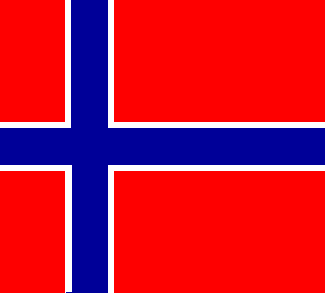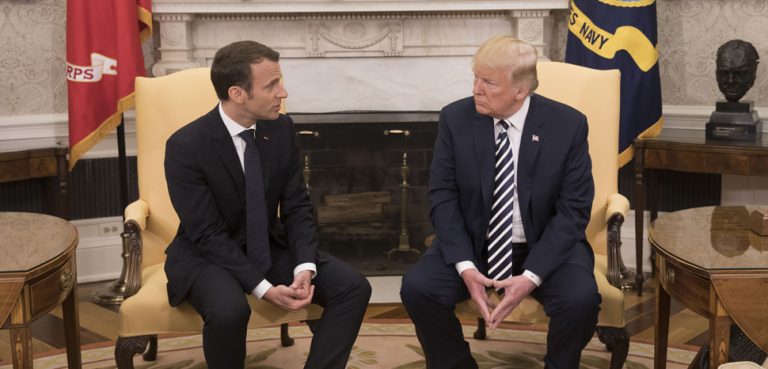Shortly after the collapse of the Soviet Union, Sweden and Finland decided to join the European Union. However, their Scandinavian counterpart, Norway, decided against it. This decision is indicative of a euro-scepticism grounded in a unique history that will keep Norway independent, says Saadna Sheriffdeen of Geopoliticalmonitor.com.
Norway has been reluctant to join the European Union since its embryonic stages as the European Economic Community (EEC). In 1960, this reluctance became increasingly apparent when Norway joined the European Free Trade Agreement (EFTA). EFTA effectively acted as a trade bloc alternative — of seven nations — to the EEC (which later evolved into the European Union).
Today, Norway remains a member of EFTA alongside Liechtenstein, Iceland and Switzerland. Norway is also a member of the European Economic Area (EEA) which allows EFTA members to participate freely in the EU’s internal market.
Despite its close affiliations with the rest of Europe, Norway remains cautiously distant from the European Union. The Norwegian government has put the question of EU membership to referenda twice, in 1972 and 1994. On both occasions, the Norwegians voted with a defiant “no”.
It is often assumed that Norwegian euroskepticism is chiefly derived from its interest to protect and control its extensive reserves of oil and natural gas. While there is ample empirical evidence that speaks to this fact, there are a number of other factors to consider including: a unique history, high social capital, its success as a welfare state, its international reputation for conciliation and conflict resolution as well as its predominant reliance on export sectors. It is likely the current financial crisis facing the Eurozone has also contributed to the country’s wariness of Europeanization.
Norway was occupied under foreign control for long periods in its history – specifically under the Swedes and the Danes. After 586 years of conflicts and partnerships, Norway became fully independent in 1905. Norwegian sovereignty was once again challenged by the Nazis during the Second World War. The war left Norway with half its merchant and fishing fleets and cut its industrial production by 50 percent of pre-war levels.
Political scientist and Scandinavian expert, Mary Hilson, suggests that Norway was so scarred by the Nazi occupation that when the Marshall Plan offered the country loans and grants after the war, Norway’s Labour Party hesitated because of their overwhelming suspicions of foreign motives. Although Norway ultimately accepted the Marshall Plan and subsequently joined NATO in 1949, its hesitation was clearly indicative of a fear of relinquishing any degree of sovereignty.
Norwegians are also unified by their high level of social capital and rich history as a progressive welfare state. These feelings of national solidarity could be challenged if Norway were to join the EU. Political theorist Robert Putnam would likely argue that if Norway joined the EU, widespread immigration could lead to the erosion of Norway’s high social capital—especially if those immigrating were from countries with lower social capital.
Norway’s international reputation as a promoter of public diplomacy and peace is another national merit that the Norwegians feel could be compromised by EU membership. Norway is international recognized as a key mediator and honest broker in international political conflicts—particularly after sending several peace missions to regions like Somalia, the Philippines and the Middle East. This unique soft power image Norway projects to the international community would conceivably be lost if it joined the EU.
In addition to its North Sea oil, the Norwegian economy relies heavily on exports such as lumber, fisheries and natural gas reserves. If Norway joined the EU, it would have to concede significant control and regulatory power of these industries to Brussels.
The financial crisis of 2008 and the current challenges facing most of Europe have only served to exacerbate Norwegian euroskepticism. While EU members such as Portugal, Spain and Greece fell into recession, Norway’s economy thrived. When many EU members introduced increasingly stringent austerity measures—provoking widespread unrest—Norway was riding high on a budget surplus. Even in the tumultuous year of 2008, its economy grew by just under 3%.
Taking these factors into consideration, it should be clear that Norway is unlikely to join the EU any time soon.




